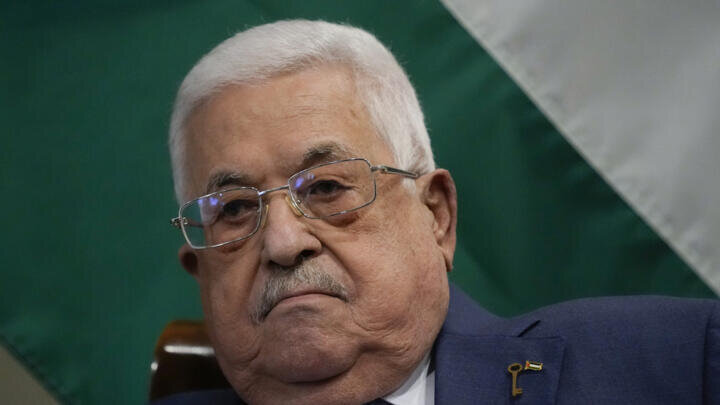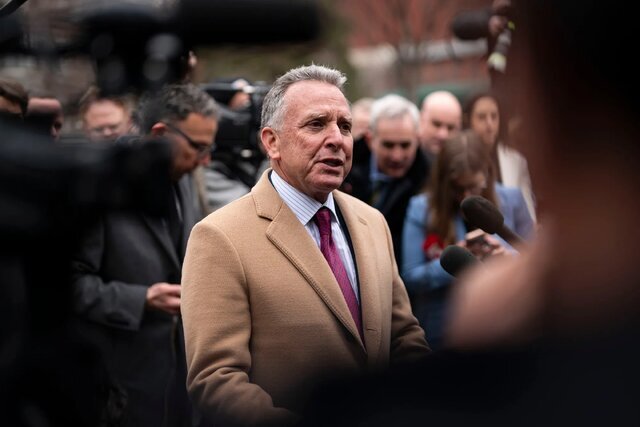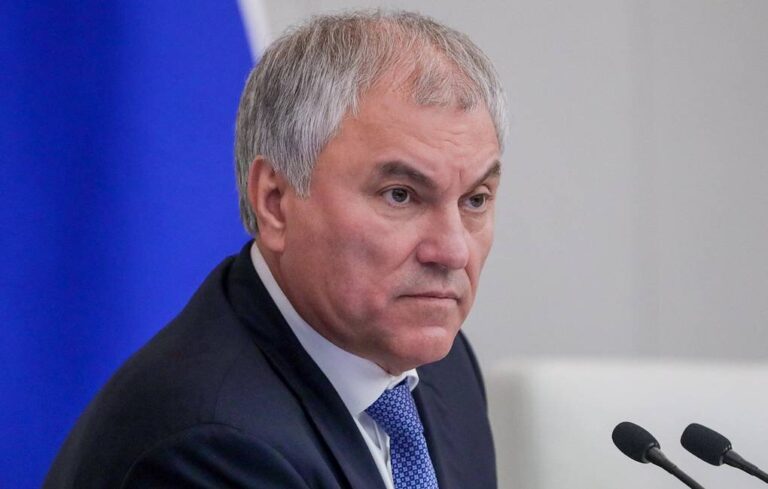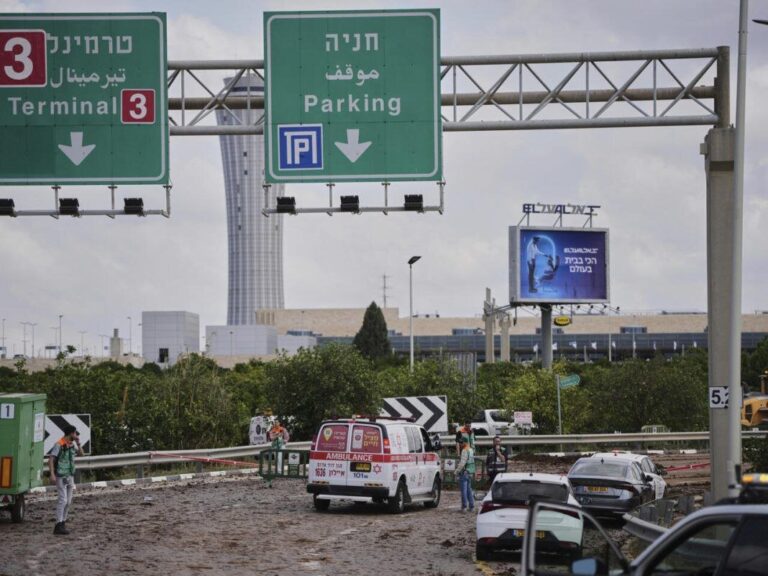Hamas Undermines Mahmoud Abbas’s Beirut Visit Plans Amid Rising Tensions
As anticipation builds around Palestinian President Mahmoud Abbas’s upcoming visit to Beirut, Lebanese and Palestinian factions are keenly aware of the potential implications for Lebanon and the status of displaced Palestinians. This visit comes at a time when the topic of Palestinian resistance weapons is being closely examined, raising questions about security and regional stability.
The meeting is expected to address several vital issues concerning the Palestinian communities in Lebanon. The dynamics between Lebanese factions and Palestinian representatives will play a crucial role in shaping future policies and alliances. Here are some key considerations surrounding the visit:
- Discussion on Displaced Palestinians: One of the significant topics on the agenda is the situation of displaced Palestinians in Lebanon. This group has faced numerous challenges, including limited rights and access to essential services.
- Palestinian Resistance Weapons: The issue of arms among Palestinian factions is under scrutiny. The Lebanese government, along with various political groups, is concerned about how these weapons impact security and stability within Lebanon.
- Impact on Lebanese Politics: Abbas’s visit may influence Lebanese internal politics, especially among factions that have differing views on relations with Palestinian groups. This could lead to shifts in alliances and power dynamics.
- Regional Stability: The visit is likely to attract attention from neighboring countries and international actors. The broader implications for regional stability will be a focal point of discussion among political analysts.
Moreover, the relationship between Lebanon and Palestine has historically been complex, marked by a mix of cooperation and tension. The two communities share cultural and social ties, yet they face significant political challenges that often complicate their interactions.
As President Abbas prepares for his visit, several factions in Lebanon are expected to weigh in on the discussions. Some factions advocate for stronger ties with Palestinian representatives, emphasizing solidarity and mutual support. Others, however, may express concerns about the implications of Palestinian armed presence within Lebanon.
- Historical Context: Understanding the historical relationship between Lebanon and Palestine is essential. The Palestinian presence in Lebanon dates back to the 1948 Palestinian exodus, which has since evolved into a complex socio-political landscape.
- Current Political Climate: The current Lebanese political landscape is fragmented, with various factions holding differing views on the Palestinian issue. This fragmentation complicates the dialogue and could affect the outcomes of Abbas’s discussions.
- Future Cooperation: Moving forward, the potential for cooperation between Lebanese and Palestinian factions hinges on addressing mutual concerns, particularly regarding security and the rights of displaced Palestinians.
In conclusion, President Mahmoud Abbas’s planned visit to Beirut is poised to have significant repercussions for both Palestinian communities and Lebanese factions. As discussions unfold, the focus will remain on critical issues such as the status of displaced Palestinians and the contentious topic of resistance weapons. The outcomes of these discussions could shape future relations between Lebanon and Palestine, influencing both regional dynamics and the lives of those affected.






